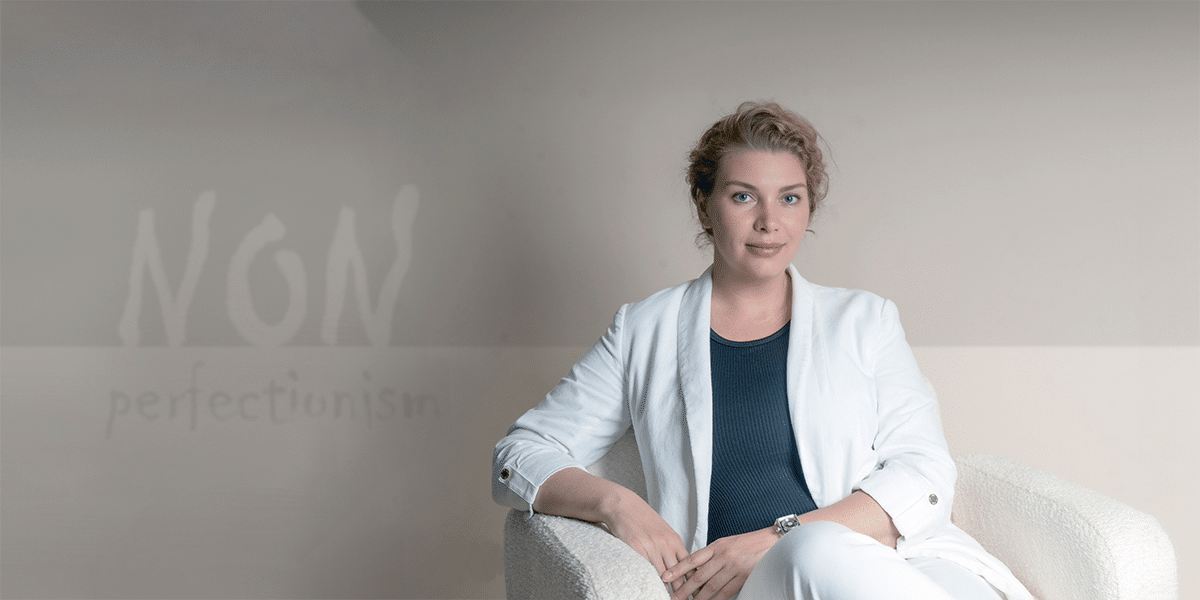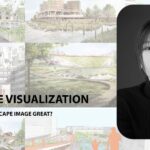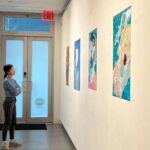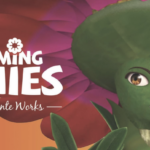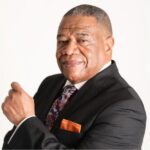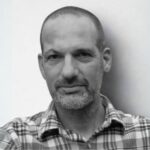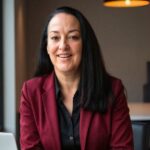By: Alexey Dombaev
Iuliia Zhdanova – an expert pedagogue of theatrical disciplines and the author of the concept of “Non-Perfectionism”, applied in inclusive pedagogy. In this interview, she shares her unique approach to theatrical pedagogy, which helps students reveal their talents and overcome internal barriers.
Iuliia, Can you tell us about your path to the concept of non-perfectionism? How did you come to this approach?
My path to the concept of non-perfectionism began during my student years. While studying to become a theatrical art teacher, I realized I wanted to teach. Even then, I noticed that comparison with others and striving for an ideal hindered creative development. I began applying my knowledge of psychology and philosophy in the school where I worked. Over time, this evolved into a methodology that helps students reveal their talents without the pressure of an ideal.
How does perfectionism affect creative self-expression and personal development?
Perfectionism can both help and drain. It pushes us forward but can also stop us if the result seems unattainable. I used associative thinking and metaphors so that students could better understand their internal barriers and learn to work with them constructively. This helped them enjoy the process and not let perfectionism devalue their creative endeavors.
What exactly do you mean by non-perfectionism? How does it affect your teaching and work with students?
Non-perfectionism is not a denial of perfectionism but the ability to use it to your advantage. It’s important not to fight the inner perfectionist but to learn to work with it. I teach my students to look at their desire for perfection from the outside and take control over it. This helps them believe in themselves more and enjoy the creative process.
Can you give examples from your practice where applying non-perfectionism helped your students?
For example, one girl who was afraid to answer in school became confident and sociable. An adult student studying economics at his parents’ insistence found himself in design thanks to our classes. A girl who was too shy got married and became happy after a year of classes. Blind students gained the courage to express their feelings to each other. Many of my students, who were considered talentless, showed themselves to be bright actors.
How do you integrate various techniques, such as yoga and meditation, into your pedagogical practice?
Theatrical pedagogy in Russia is connected with the teachings of Konstantin Stanislavsky, Mikhail Chekhov, and other masters who studied yoga and applied yogic techniques in actor training. Studying these methods, I understood how closely pedagogy and meditation are connected. In my practice, I conducted guided meditations for students and then trained as a yoga instructor and in other practices. These techniques help relieve stress, identify hidden problems, and release tension.
Tell us about your experience working with inclusive theater schools. What methods do you use to create an inclusive environment?
Creating a healthy inclusive environment is the key to developing humanity and empathy in society. My first experience interacting with deaf actors was beneficial for everyone. We organized a joint training where they trained us, and I trained them. Later, I worked with various groups, applying the principles of non-perfectionism: humanity, empathy, the value of the moment “here and now.” Meditative and yogic techniques also play an important role.
What are the main difficulties you face in implementing inclusive approaches in your pedagogical activities?
The main problem is the negligent attitude of organizers and customers of master classes. It is important to create suitable conditions for the hall or open space, ensuring safety and comfort for people with disabilities. Such delays affect the quality. Here, ingenuity, experience, courage, creativity, and the ability to improvise help.
How does inclusive education affect students with disabilities?
Inclusive education has a positive impact. Art therapy, body practices, yoga, acting skills, stage speech, plasticity, dance, and musical education develop the abilities of people with disabilities, helping to open creative gateways and feel full in society.
What results do you observe in your students after applying the concept of non-perfectionism and inclusive methods?
Students become active in society and family. Persistence, attention concentration, imagination, and creativity improve. They learn to improvise, find solutions, and gain inner support. My students become brave, confident, change professions, enter theatrical universities, become actors, directors, teachers, and creative people. Freeing themselves from psychological and bodily constraints, they begin to value and respect themselves, which helps them be more adequate and caring towards others.
What advice would you give to teachers who want to implement the principles of non-perfectionism and inclusive pedagogy in their work?
Do not go into this field if you lack humanity, tolerance, and respect for people. You need to study the basic principles of inclusive pedagogy well and understand the value of each person. It is also important to know the basics of neurobiology and understand how new neural connections are formed and how old negative ones can be rebuilt into positive ones.
Why do you think it is important to instill the values of non-perfectionism and inclusivity in modern society?
Humanity is the foundation of a healthy society. Common projects and attention to people with disabilities help develop this humanity. It is important to understand that any of us may need help. Intolerance to diversity within the country leads to wars. Tolerance and humanity are fundamental points that should be instilled in every person.
What are your future plans and projects related to non-perfectionism and inclusive pedagogy?
My plans include developing and implementing non-perfectionism principles for harmonious societal development. I aim to work with families, enhancing relationships through shared hobbies and creative activities. Additionally, I plan to organize training for inclusive development and improving communication between people with and without disabilities.
Creating a creative and friendly space for everyone, regardless of age and physical abilities, is crucial to me. Bodily and yogic practices, emphasizing imagination and concentration, are also important. Without non-perfectionism, people often develop a consumer attitude towards their bodies and impatience, leading to hidden aggression.
My approach focuses on valuing each person as a potentially talented individual and finding their unique strengths. I strive to develop these principles to foster the harmonious development of both individuals and society.
Spiritual beauty will save the world!
Published By: Aize Perez


